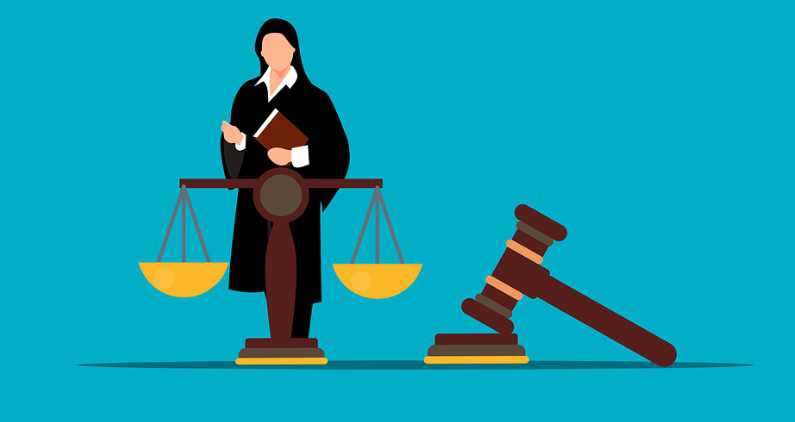Alternative Dispute Resolutions under CPC
Alternative Dispute Resolutions refers to processes which are held outside the courtroom that help parties to resolve or settle their disputes without litigation or a trial. People present their case in the competent court but on the wishes of the parties to compromise or settle it by an agreement. The rationale behind this provision is […]


